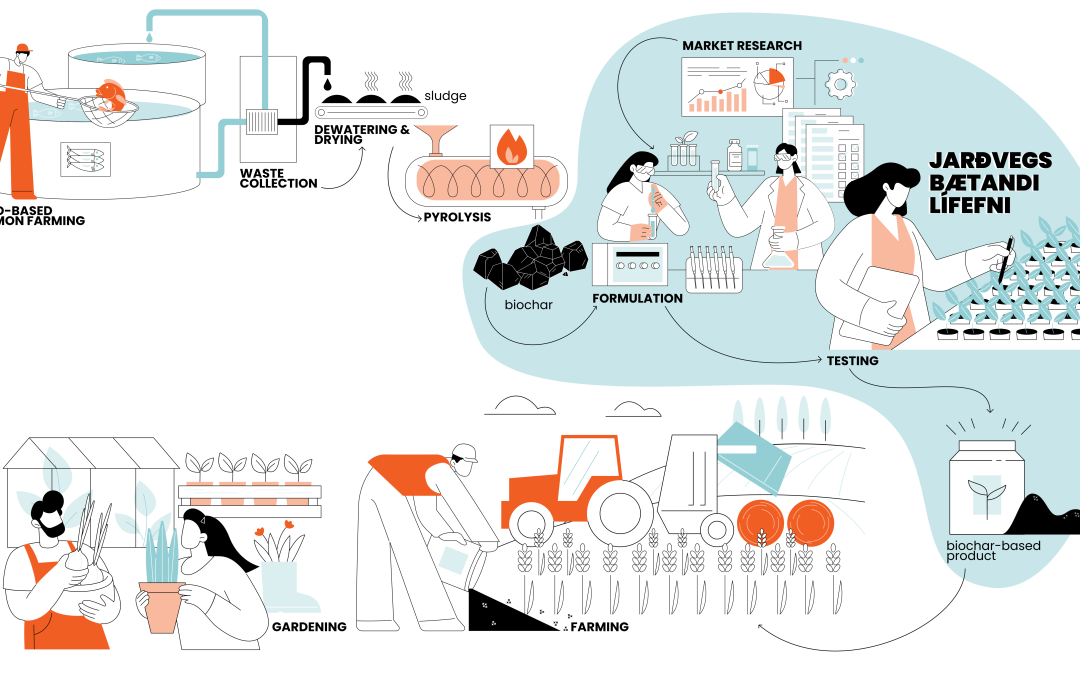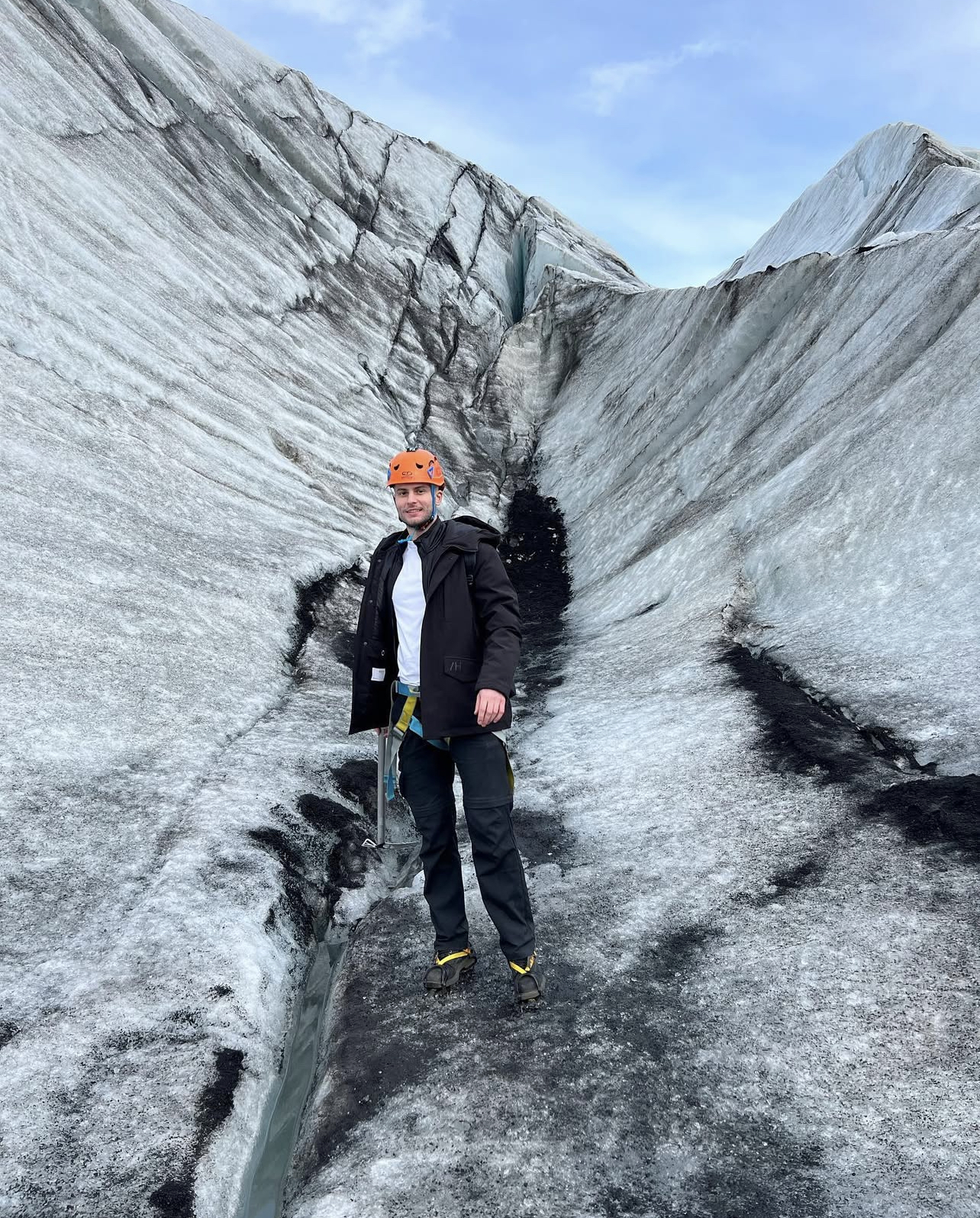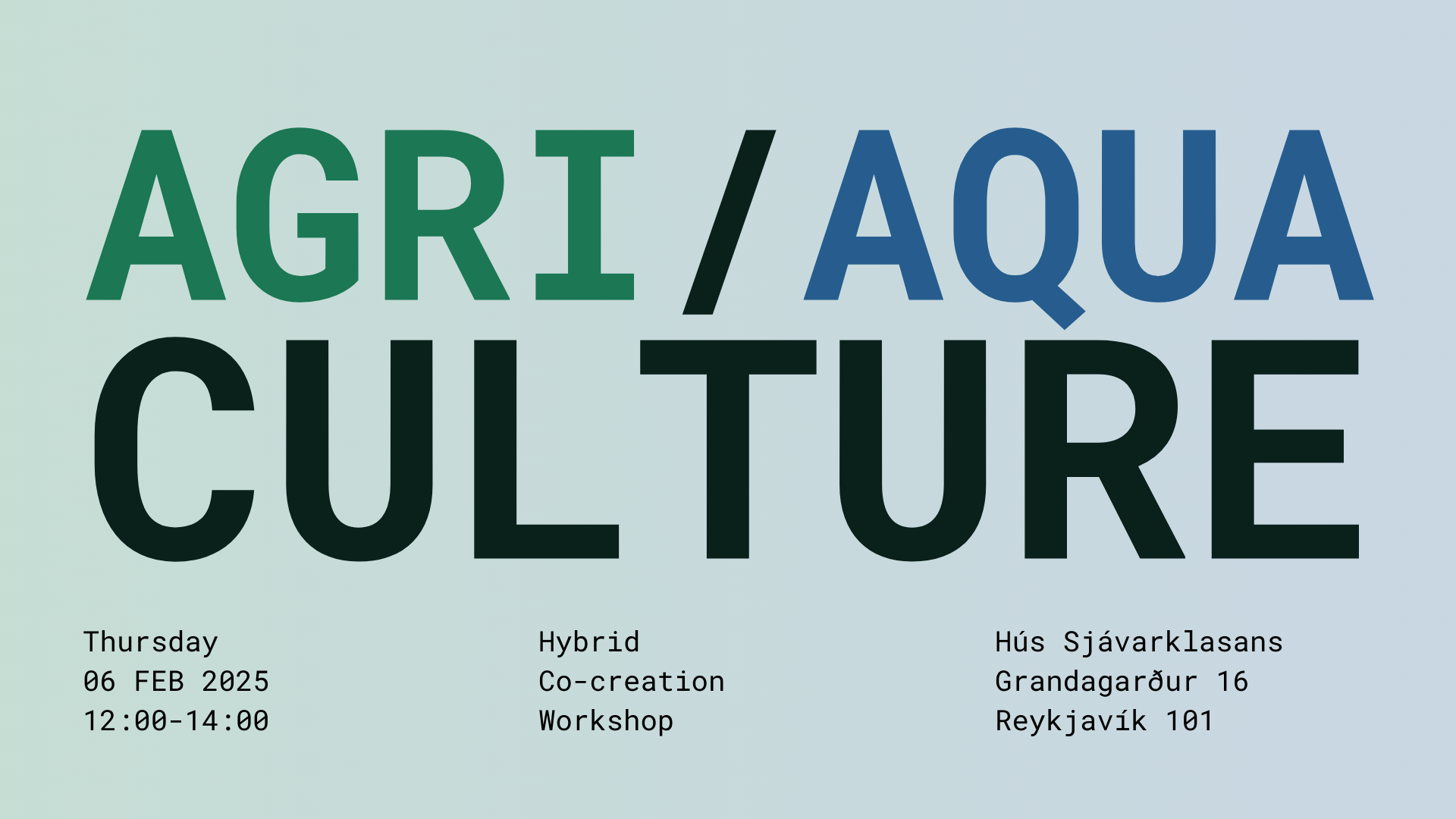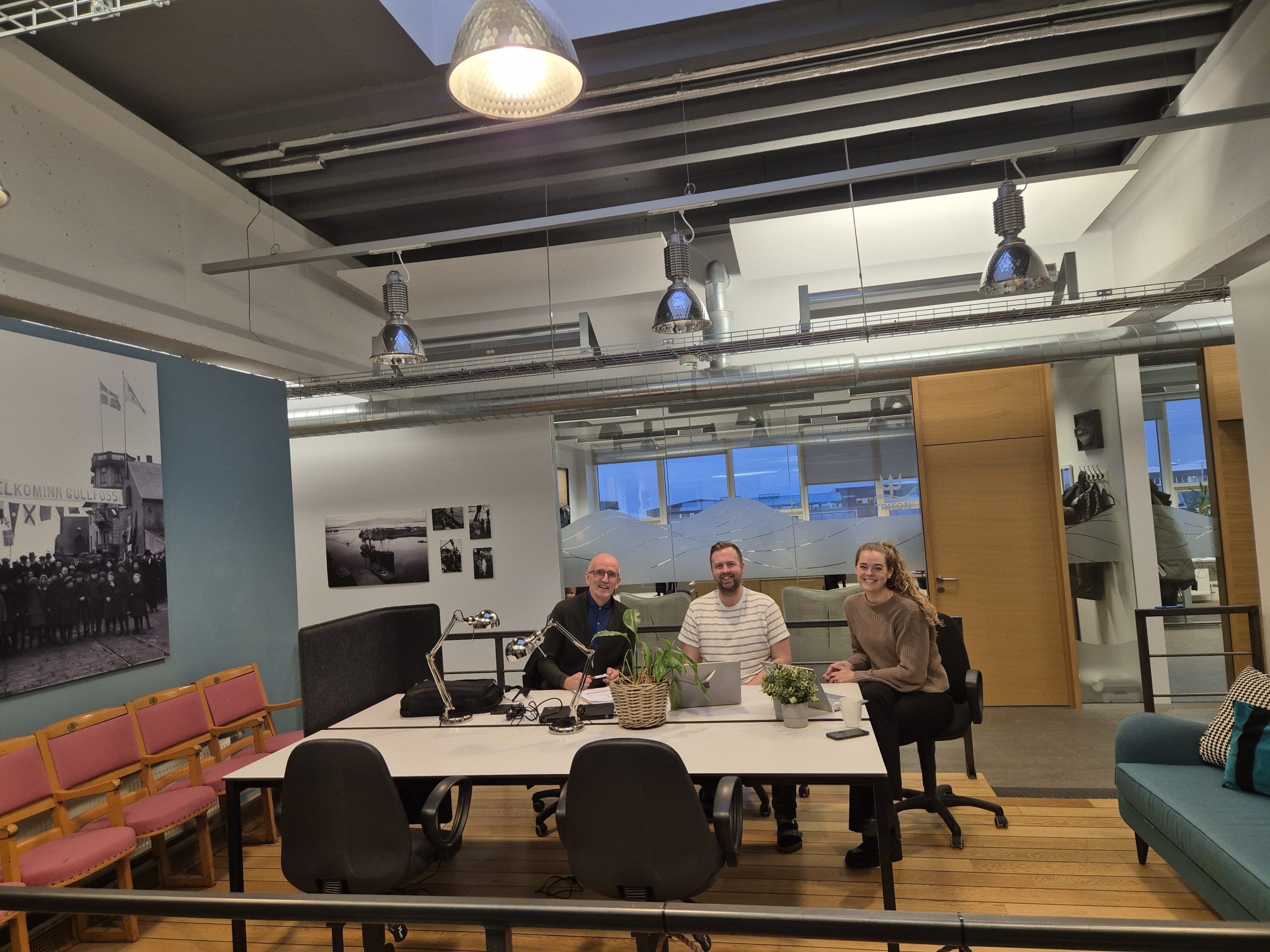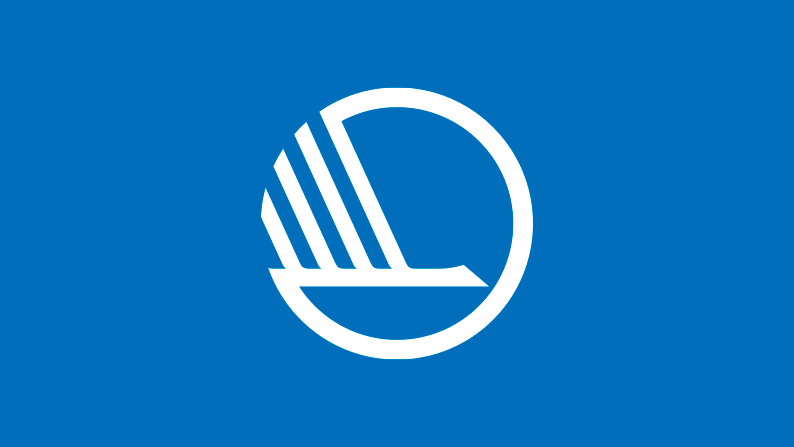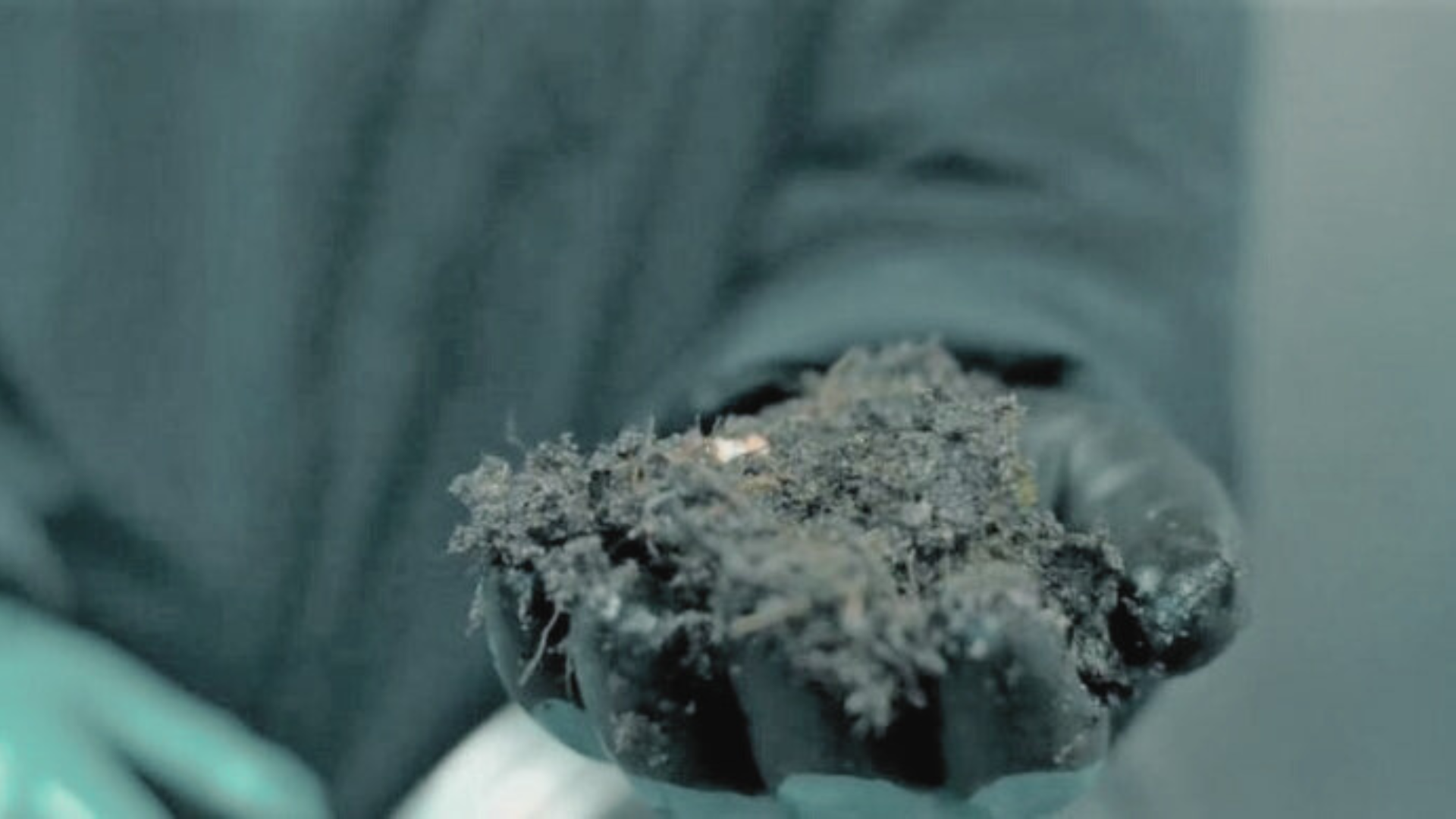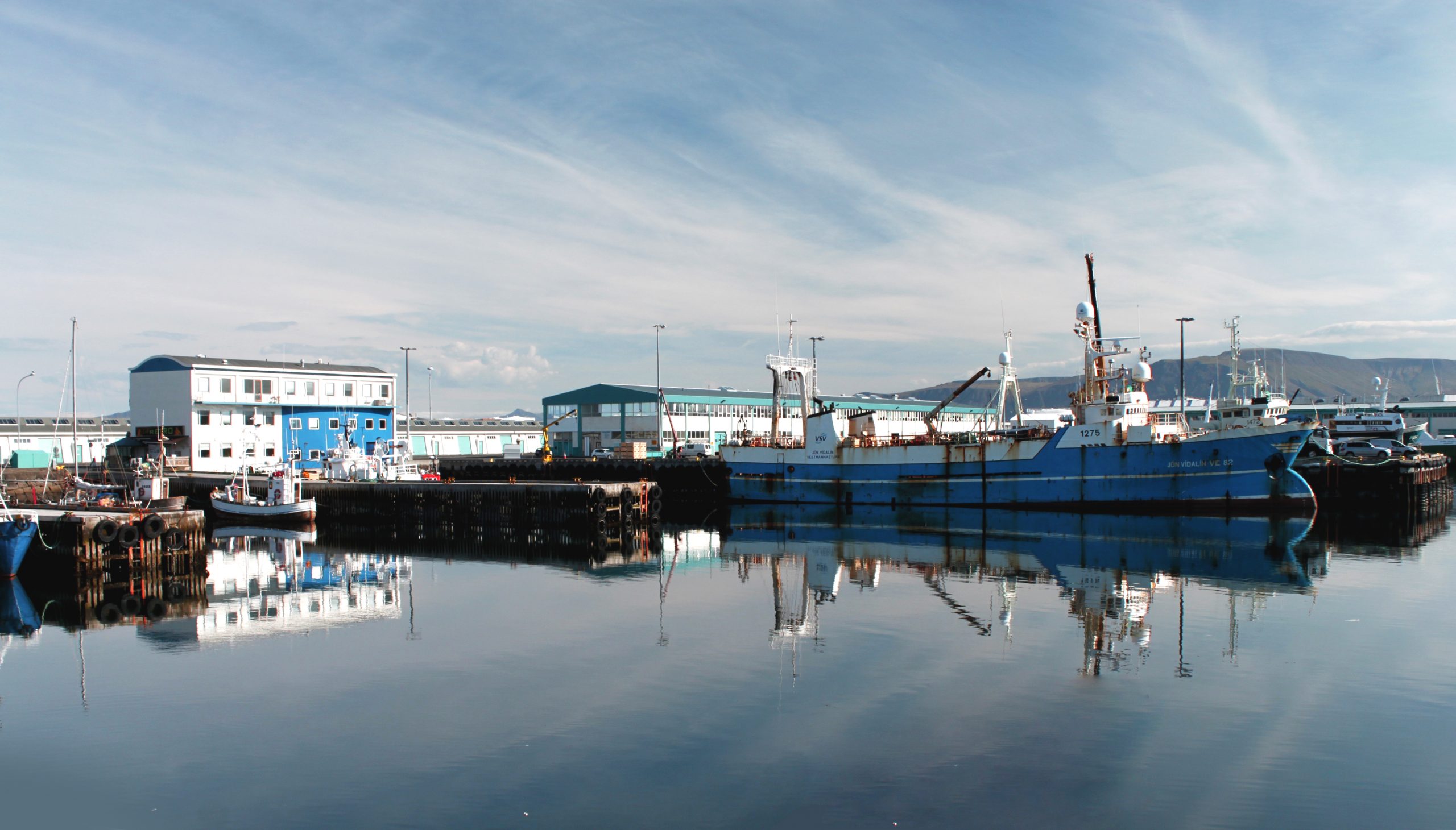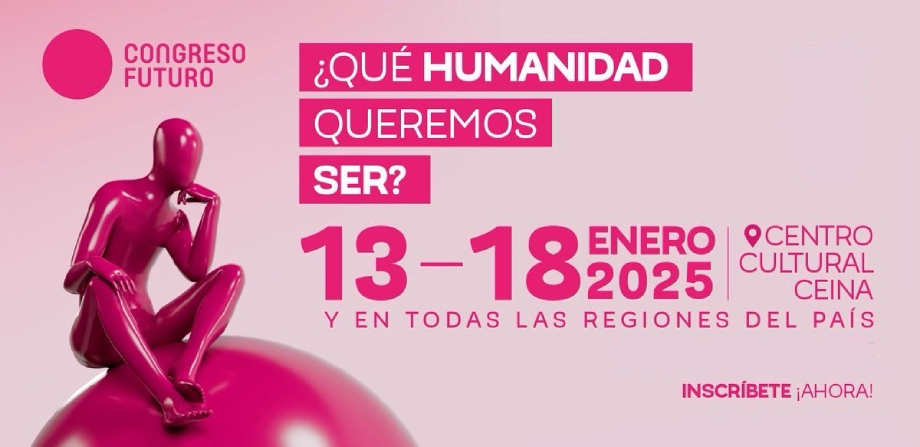GeoSalmo, in partnership with the Iceland Ocean Cluster (IOC), Matís, and expert Jan Henning Legreid from Norway, is launching a new project titled Jarðvegsbætandi lífefni (JBL), which translates to “Soil-enhancing organic matter” in English. This initiative aims to improve Iceland’s approach to sustainable aquaculture and agriculture. Funded by Matvælasjóður, the project will convert waste from land-based aquaculture into biochar, a carbon-rich material that enhances soil health and reduces the need for chemical fertilisers.
The project brings together experts in aquaculture, biotechnology, environmental sustainability and value creation. The goal is to transform organic waste from aquaculture – sludge – into biochar, creating a practical solution for Icelandic farmers and gardeners, while tackling an environmental challenge.
Turning waste into value
Aquaculture sludge, which contains uneaten fish feed and waste, is a major concern when it comes to fish farming. However, aquaculture sludge can be transformed into biochar through pyrolysis, a process of heating organic material without oxygen. The biochar can then be used to improve soil quality, retain nutrients, and reduce the need for chemical fertilisers. It also sequesters carbon thus offering a carbon-negative option for Icelandic gardeners and farmers.
While the technical side of biochar production is well understood, this project will focus on mapping the value chain in Iceland, identify key stakeholders and understand market needs, with an emphasis on gathering insights from gardeners, local farmers and horticultural businesses to ensure the biochar product meet Iceland’s specific needs.
A practical circular solution
By converting aquaculture waste into a useful resource, the project addresses two major issues: waste management in aquaculture and the need for more sustainable soil solutions. The biochar is expected to reduce reliance on imported fertilisers, providing Icelanders with a sustainable, locally produced alternative that supports Iceland’s goals of reducing its carbon footprint and promoting a circular economy.
Aligning with Global Sustainability Goals
This project supports key United Nations Sustainable Development Goals, including responsible consumption and production (SDG 12), climate action (SDG 13), and life below water (SDG 14). It highlights Icelandic innovation while contributing to global sustainability efforts in agriculture and climate action.
If you are interested in learning more or participating in the project, there will be a stakeholder event in early 2025. You can also share your insights by taking part in our survey.

